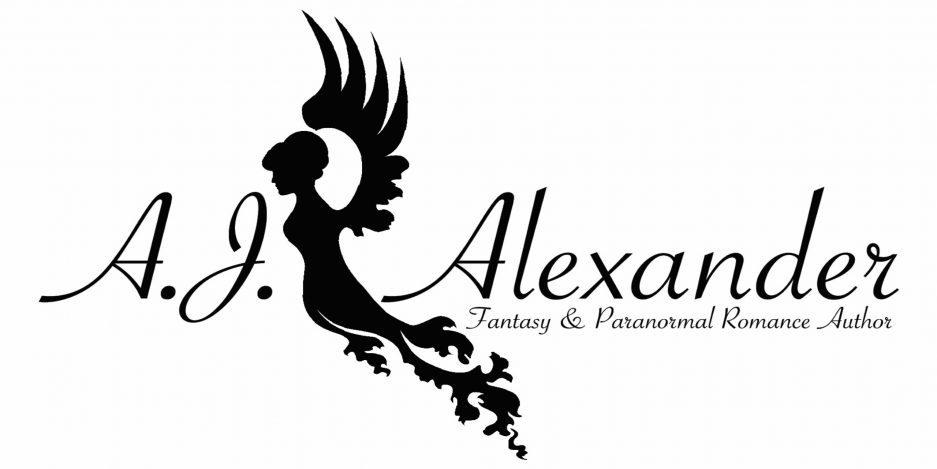Sandra Beckwith provides us with advice on how to pitch radio and become a talk show guest. Thank you very much for sharing, Sandra.

Looking for a way to reach most Americans with your book’s message? Consider radio publicity.
According to Nielsen Media Research, 89 percent of Americans age 12 or older — nine out of 10 — listen to radio in a given week. Radio reaches 94 percent of adults in the 35 to 49 age group — only slightly more than those ages 18 to 34 and 50 plus. Even better, news/talk radio is the second most popular format.
There’s no question that radio is a tremendous publicity vehicle for authors with something to say.
Add the growth in podcasting to the mix and you’ll have many interview opportunities.



 Almost every style guide will tell you should avoid the split infinitive.
Almost every style guide will tell you should avoid the split infinitive.

 Image: Pixabay
Image: Pixabay Image Courtesy of Marco Michelini ~
Image Courtesy of Marco Michelini ~ 

You must be logged in to post a comment.